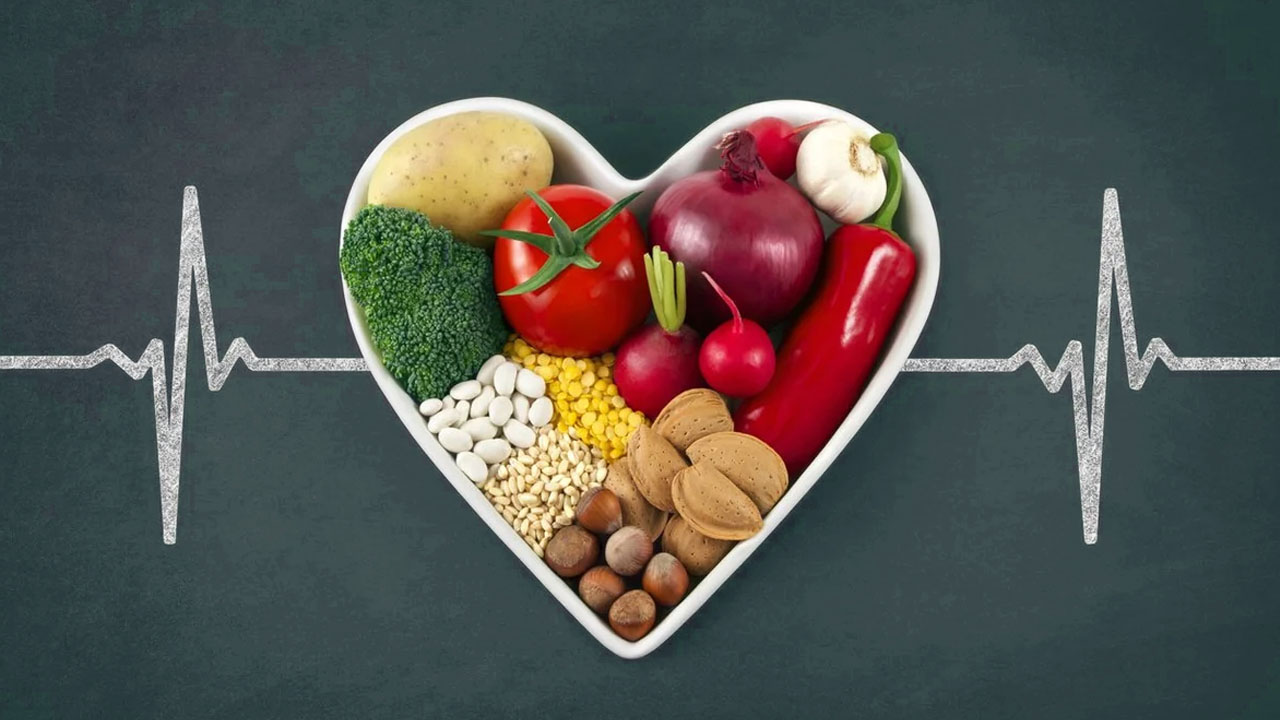A heart-healthy diet is the most efficient way to reduce the risk of cardiovascular disorders such as stroke, heart attacks, or chronic hypertension. The question that commonly arises is, what makes a diet heart-healthy? A truly heart-healthy has a balance within nutrition supplied to the body. Here’s what you need to know about a heart-healthy diet to attain a sound cardiovascular system.
Emphasis on whole foods
Whole foods are the base of a heart-healthy diet. Furthermore, whole foods are rich in nutrients. These nutrients such as minerals, fibre, antioxidants and vitamins are the main contributors to good cardiovascular health. Whole foods include fruits, vegetables, whole grains, and legumes.
Including healthy fats
Fats are divided into categories. Not all fats are bad; some types are healthy as well. Knowing about different fats is crucial for creating a balanced diet chart.
- Monounsaturated and Polyunsaturated Fats: Bad cholesterol (LDL) levels are reduced while good cholesterol (HDL) levels are helped to increase by these fats. Olive oil, avocados, seeds, and fatty fish such as salmon and nuts are the main sources of such fats. Omega-3 fatty acids are a type of polyunsaturated fat that is found in fish, flaxseeds, and walnuts.
- Limit Saturated and Trans Fats: One should avoid saturated fats, found in red meat, butter, and full-fat dairy products, and trans fats, often found in processed and fried foods.
Opting for lean protein sources
Add lean protein sources to your diet, such as poultry, fish, and plant-based proteins, and choose low-fat or fat-free dairy options.
Reducing sodium intake
High sodium intake is closely related to high blood pressure, a risk factor for heart disorders. To maintain a balanced salt intake, avoid processed food and have home-cooked meals.
Limiting added sugars
Added sugars can cause various disorders, such as high cholesterol, obesity, diabetes, and high blood pressure. Cut back on beverages and check food labels for hidden sugars.
Being mindful of portion sizes
Use smaller plates and distribute the food equally according to its nutritional value. Stop eating after feeling full and avoid eating out of boredom.
Staying hydrated
Water is a critical element vital in maintaining a healthy cardiovascular system. A person should at least drink 8 glasses of water every day.
Creating a heart-healthy diet is not about immense changes to your eating habits or incorporating expensive food options. It’s all about proper proportion and educating yourself regarding the nutritional values of different foods. Always consult a nutrition expert to gain valuable insights to improve your well-being.




